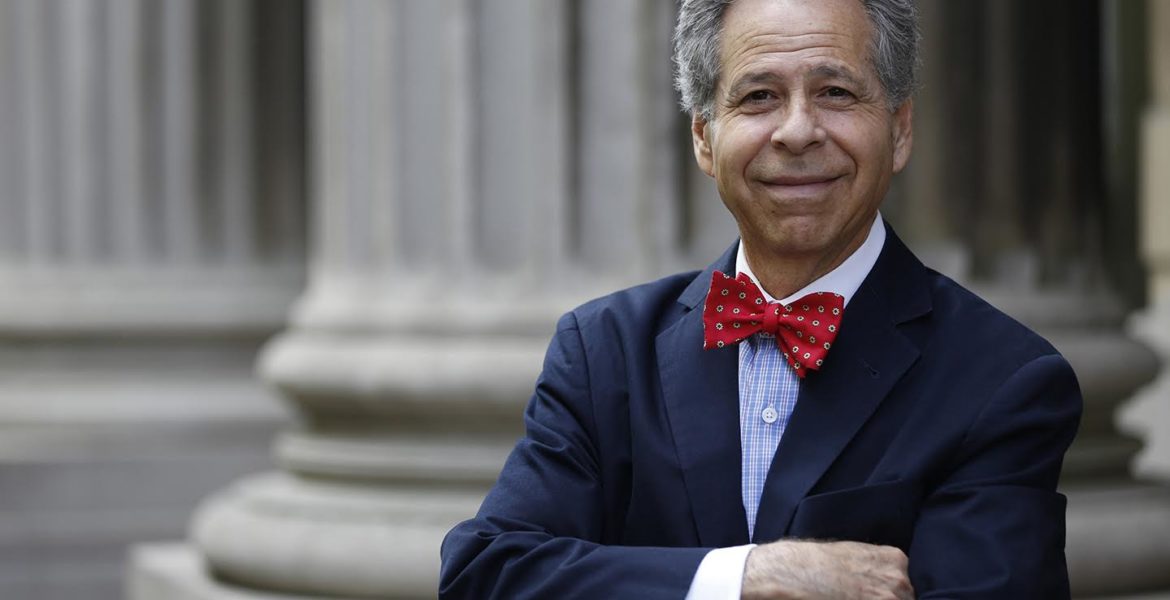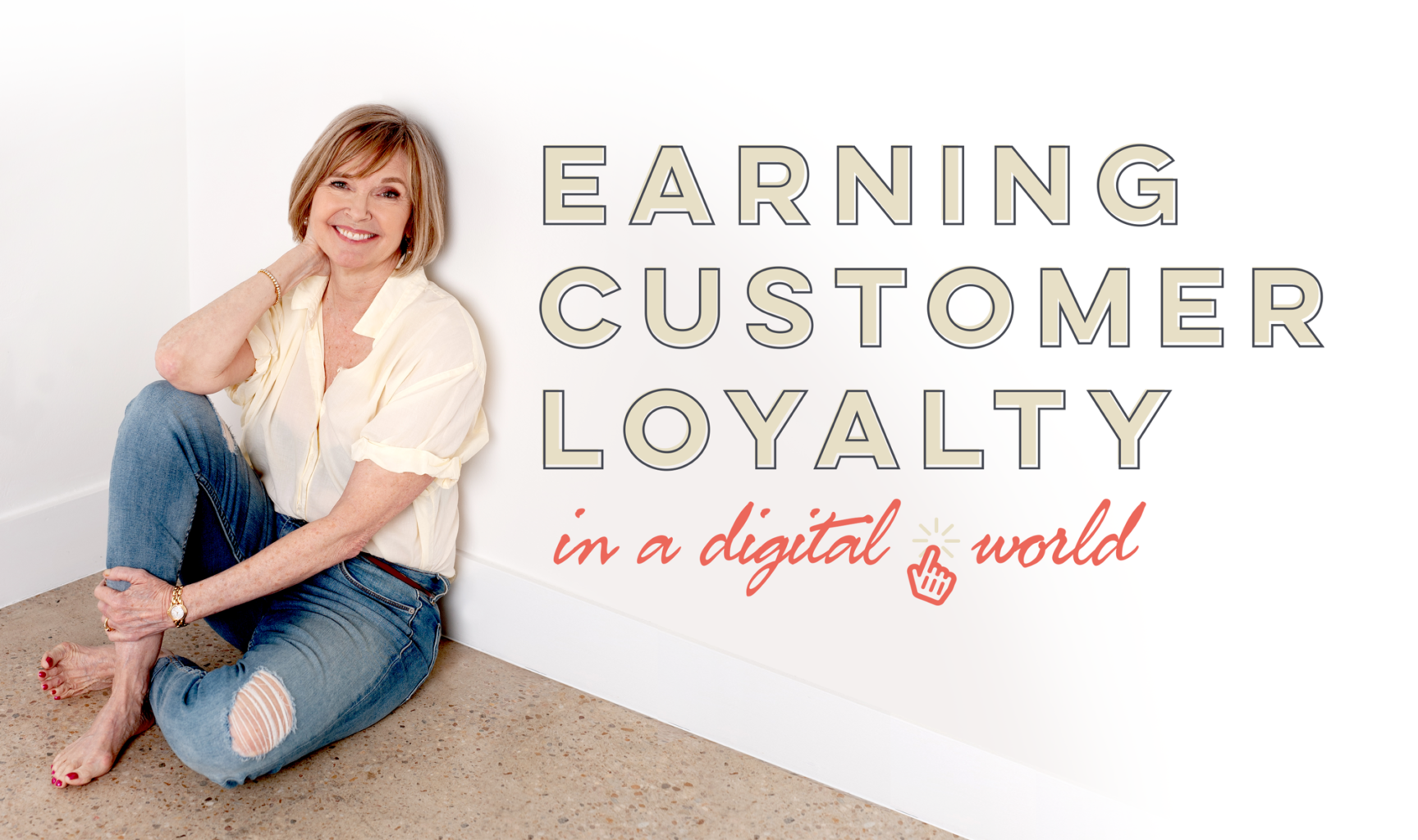
Helping Veterans Find Their Next Mission
Today is Memorial Day. At a time when the labor market is tight and manufacturers say they are losing millions of dollars because of job vacancies, programs like the one offered by Dr. Arthur Langer and Workforce Opportunity Services are a way to ensure that the talent potential in veteran communities is realized. In fact, over half of the 5,000 people WOS has trained were veterans.
Dr. Langer is the chairman and founder of Workforce Opportunity Services. He is also a professor at Columbia University.
The nonprofit Workforce Opportunity Services (WOS) works with over 65 companies in over 60 locations throughout the nation, including Prudential, Johnson & Johnson, Bristol Myers Squibb, Horizon Blue Cross Blue Shield, Merck and PSEG and many others.
I had the opportunity to interview Dr. Langer recently. Here are the highlights of that interview:
Jill Griffin: Where did you grow up? Describe your early childhood and its significance on your life.
Dr. Arthur Langer: I was born and raised in the Bronx, just a few blocks away from Yankee Stadium. Both my mom and dad were immigrants from Eastern Europe, neither went to college. Growing up I thought about joining the union and becoming a Teamster like my dad, but I ended up being mentored by a member of my community and my trajectory changed.
Griffin: Who was that mentor? How did s/he inspire you?
Langer: Mr. Ness. He gave art lessons at his furniture store in the Bronx, where I was one of several students. He saw my potential and encouraged me to create a portfolio. He advised me on how to put it together even offering me a scholarship if I would apply to the High School of Music and Art or the High School of Art and Design. He believed in me, which gave me the self-assurance to believe in myself. I got into both schools and went to the High School of Music and Art. After graduating, I went to Queens College to get my bachelor’s degree in computer science at night school. Eventually, I became a professor at Columbia University. If it wasn’t for Mr. Ness, I would have never left the Bronx.
For Mr. Ness, there was nothing in it for him other than his dedication to being a teacher. His influence and legacy lives on at Workforce Opportunity Services (WOS), the nonprofit I founded. It’s because of him mentorship is an integral part of the WOS model.
Griffin: What is Workforce Opportunity Services?
Langer: It is a nonprofit dedicated to recruiting, training and placing underserved and veteran job seekers into long-lasting careers at prominent organizations. Since its inception in 2005, WOS has worked with over 65 companies in over 60 locations throughout the nation. They include Automobile Club of Southern California, JetBlue, Prudential, United Rentals, General Electric and the Department of Transportation to name a few.
WOS works with veterans and their spouses, as well as individuals from underserved communities to develop their skills so that they can then be hired by major companies, often to fill job vacancies. Our model is multifaceted and starts when WOS receives a commitment from the company to fill a certain number of positions. We then recruit and prepare individuals for those specific jobs, by equipping them with both hard and soft skills and providing hands-on mentorship support throughout the duration of the training program. After these candidates complete the training and work study part of the program, they are eligible to be hired on by the sponsoring company. To date, we have served over 5,500 people through our various training and job placement programs. More than half are post-9/11 veterans.
We train for jobs across a number of industries; everything from IT to healthcare, claims processors to mechanics. For PSEG in Newark, New Jersey, and Long Island, New York, we are paying for individuals to attend coding classes at General Assembly, a tuition valued at $15,000, to develop the skills needed to become software developers. In partnership with United Rentals in Dallas, Texas; Atlanta, Georgia, and Charlotte, North Carolina, we have trained over 400 veterans for service technician roles. In Chicago, we prepared veterans for cybersecurity positions at the HR firm Alight Solutions.
Plus, these are good paying jobs. Five years after they complete our program, nearly 80% of our alumni are earning more than $45,000 a year.
Griffin: Why did you decide to zero in on veterans and individuals from underserved communities?
Langer: There’s great hidden talent in these populations. The skills are there, they just have to be discovered, honed and supported in their careers in Corporate America. WOS makes that happen.
I also feel a deep kinship with the young people and veterans we train and place. Their pathway to success is nontraditional, as was my own career trajectory.
I married young and became a father at 19, so I had to earn a living. While working at a computer operations company, I saw a lot of imperfections in senior-level talent. I began to realize that the greatest difference between me and them was their better upbringing and access to opportunities. I began to feel that with the right tools, I could do what they did and maybe even outperform them. That gave me a tremendous amount of confidence to go back to school. It took me 18 years of night school, but I got my MBA at Iona College and my doctorate in education at Columbia University. It was at Columbia, as a professor, where I offered free computer training for young people in Harlem that I developed my research about the role of self-esteem in predicting success in the workplace. This was the genesis of Workforce Opportunity Services.
Griffin: What’s a great piece of business or life advice you received, who gave it to you, and how has it enhanced your life?
Langer: A manager of mine when I worked at Coopers & Lybrand taught me an incredibly valuable lesson I still implement today: your boss and managers should care about your career. I always felt supported and cared for when I was there. They had my career in their mindset. Ask yourself this — does my boss care about my career? As a boss ask yourself this — do I care about my employees’ careers? I always felt my bosses at Coopers & Lybrand were interested in my future to become a partner. Sometimes that required them being critical, but I always felt that it was authentic.
Griffin: How has that advice influenced how you structured Workforce Opportunity Services?
Langer: We care about how our recruits are doing both in and out of the workplace. Aside from job training and placement, we also “clear the path” to make the integration and transformation process easier. We provide guidance in professional etiquette and networking strategies. We have been known to pay for our consultants’ (this is what we call the people we recruit, train and place) Wi-Fi, daycare, transportation, and college courses. We teach them how to balance school and work while giving them the support they need to thrive and succeed.
In other communities, parents may fill that role. But for many of our consultants, we are that support system. Mentorship is very much integrated into our development program.
From the beginning of a program participant’s training, to when they are hired by a sponsoring partner as a full-time employee, WOS mentors meet with our consultants on a regular basis. This process is incredibly critical for veterans, as the military is regimented. Soldiers know what they must do to advance, but the path is less clear in the civilian business world. So, we work with our corporate partners to give the veterans they hire a one to two-year plan that outlines how they can advance in the company and be a successful employee.
We work with military spouses as well. Through our WOS programs in El Paso, Texas, we train veterans and their spouses for careers in project management roles with Prudential.
Griffin: Please give me the top three bullet points in your Personal Leadership Credo.
Langer:
- There is power in diversity of opinion.
- Diversity is a mindset. It is not about having more representation for the sake of appearing diverse. If we don’t have more diverse voices in our companies, we may not be making the right decisions.
- Trust and honesty are critical to growth.
- While professional growth is often the impetus for mentorship, it is crucial to find a mentor you trust to be honest about your performance and areas that need to be improved. Transparency and open dialogue in a mentorship only strengthen performance.
- Be extraordinarily interested in helping other people.
- Low-income individuals or veterans can climb to higher levels of success if given a fair opportunity. We are simply leveling the playing field while systematically diversifying the workforce. At WOS our mission is simple: to create good citizens who will work toward the continuing, evolving growth and progress of our society.
Griffin: Describe a painful setback in your life and what it taught you.
Langer: In my late thirties I started my first business and it failed. I made some mistakes, and I had to let the business go and ultimately go inside myself to think about whether or not I would be able to start another business. I started to think maybe I wasn’t as good as I thought I was. But I learned that I had the ability to pick myself up after a failure and have enough confidence to be bold and try again.
Griffin: What advice do you have for young, talented, ambitious people who want to rise?
Langer: They should find a mentor early, and when the time is right, become a mentor themselves. Having a mentor that is not a blood relative is crucial to effectively prepare you for the next step in your career. When you become a mentor yourself it is another way to continue learning because you will learn from your students or mentees and understand the changes that are occurring within your company.



